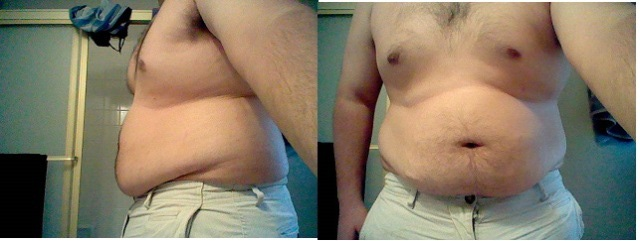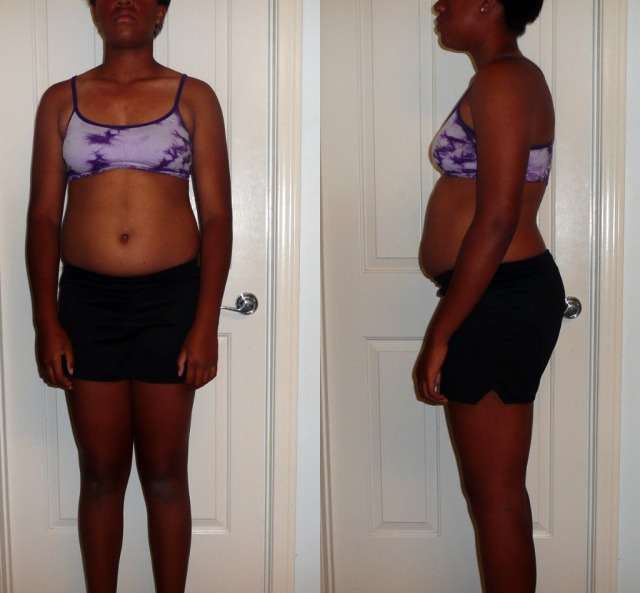Are Canned Beans Healthy? Nutrition, Benefits, and Downsides
Canned beans are a staple in many kitchens due to their affordability, convenience, and versatility. But how do they stack up nutritionally compared to fresh or dried beans? Let's delve into the nutritional content of canned beans, their health benefits, and potential drawbacks.
Nutritional Value of Canned Beans
Canned beans provide essential nutrients similar to their fresh or dried counterparts. Let's examine the nutritional profile of an average cup of canned beans (rinsed and drained):
1. Protein: Beans are an excellent source of plant-based protein. They contribute about 15 grams of protein per cup, making them a great option for vegetarians and vegans to meet their daily protein needs.
2. Fiber: Canned beans are rich in dietary fiber, essential for digestive health and promoting feelings of fullness. A cup of beans can provide up to 15 grams of fiber.
3. Vitamins and Minerals: Beans are a good source of several essential vitamins and minerals, including iron, magnesium, phosphorus, potassium, zinc, folate, and B vitamins.
4. Healthy Fats: Canned beans contain mostly unsaturated fats, including heart-healthy monounsaturated and polyunsaturated fats, contributing to a healthier fat profile.
Health Benefits of Canned Beans
Regular consumption of canned beans has been associated with various health benefits:
1. Reduced Risk of Cardiovascular Diseases: Beans, being high in fiber, may help lower cholesterol and reduce the risk of heart disease.
2. Stabilized Blood Sugar Levels: Their high fiber content can also aid in managing blood sugar levels, benefiting individuals with type 2 diabetes or at risk of developing it.
3. Improved Digestive Health: Beans promote a healthy digestive system by supporting regular bowel movements and feeding beneficial gut bacteria.
4. Weight Management: Canned beans can aid in weight loss or maintenance due to their high protein and fiber content, which promotes satiety and reduces overall calorie intake.
5. Versatility and Convenience: Canned beans offer convenience and versatility in meal preparation, making them a practical addition to various dishes and diets.
Potential Downsides of Canned Beans
While canned beans are a healthy and affordable food option, there are a few potential drawbacks to consider:
1. Sodium Content: Canned beans are often packed in brine or salted water, increasing the sodium content. Rinsing the beans before consumption can help reduce the sodium intake.
2. BPA Concerns: Some canned beans are packaged in cans lined with Bisphenol A (BPA), which has been linked to various health concerns. BPA-free cans or alternative packaging options may be preferred.
3. Flatulence: Beans can cause flatulence or gas in some individuals due to their high fiber content. Soaking and cooking beans thoroughly can help minimize this effect.
Conclusion
Canned beans are a nutritious and convenient food choice, offering many of the health benefits of fresh or dried beans. With their high fiber, protein, vitamins, and minerals, they contribute to various health aspects. However, it's important to be mindful of sodium intake and consider BPA concerns when choosing canned beans. Additionally, proper cooking and soaking techniques can help reduce potential digestive discomfort. Incorporating canned beans into your diet can provide essential nutrients and support a balanced, healthy lifestyle.
-
Weight watchers and gaining weight
QuestionHi, I am 5 tall and weigh 241pounds,age 39, i started wei
-
advice on exercises
Questionhi I m a 17 year old girl.I weigh around 54.5 kgs and my
-
Diet and Exercise Problem
QuestionDear George, Hello. I am 52 years old. I wei
-
Weight-loss dieting:
QuestionHowdy! I live in America and am 150. My proper weight is
-
Questions about lack of weight loss
QuestionAfter I had my first child 6 years ago I went on Weight W
-
Cravings - eating right
QuestionHello, Im 29, and all of my life I have been able to eat



